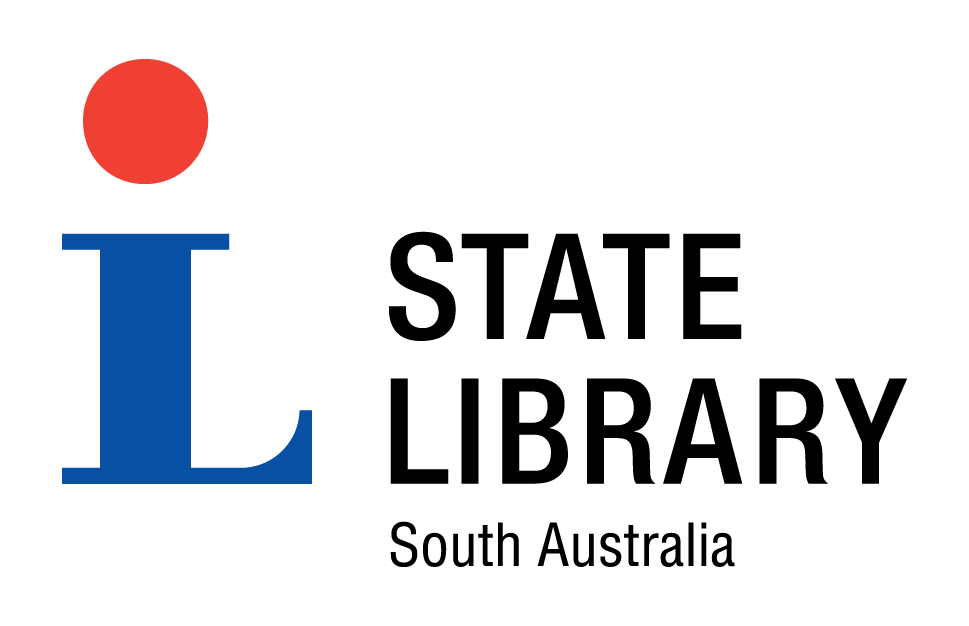
![]() You are here: Home / Search /
Advanced searching
You are here: Home / Search /
Advanced searching
Angas, George Fife 1789-1879

|
| View catalogue details |
Born: 1 May 1789 [Newcastle-on-Tyne, England]
Died: 15 May 1879 [Angaston, South Australia]
At 15 Angas was apprenticed to his father's coach-building firm and he later worked for a London company. For a time he moved into shipping, establishing his own business GF Angas & Co. After returning to his father's business for a time Angas went back to London, this time pursuing a career in banking. He was co-founder of the Provincial National Bank in 1833, the Union Bank of Australia in 1836 and the South Australian Banking Co. in 1840.
A committed Baptist, Angas began organising societies for the benefit and 'betterment' of his fellow man. At the age of 18 he launched the Benevolent Society of Coachmakers to promote temperance and economy and provide for sick members of his trade. In 1816 Angas was prominent in the establishment of the interdenominational Newcastle Sunday School Union. Angas and his brother William were also involved in the foundation of the Bethel Seamen's Union to evangelise sailors. Slavery in British colonies was also a concern to him and he joined reformers calling for the emancipation of slaves.
In 1832, Angas received a copy of the prospectus of the South Australian Land Co. and took up shares in the company. Baptists like Angas and other Dissenters or Nonconformists (as those Protestants who were not part of the Church of England were known) had been socially and legally discriminated against in England and thus Angas was taken with the idea that a new colony might be founded with no state church and therefore tolerance of all religions. The scheme faltered but in 1834 the South Australian Act allowing for the settlement of South Australia was finally passed and Angas was appointed a member of the South Australian Colonization Commission in May 1835. The Colonization Commissioners were responsible for the sale of land in South Australia to prospective settlers, the proceeds of which would fund the cost of passage for labourers to the colony. When land sales waned, Angas, Thomas Smith and Henry Kingscote established the South Australian Company which bought large areas of land and kept the scheme afloat.
Angas enthusiastically advocated emigration to South Australia, particularly to virtuous Nonconformists, through lectures, pamphlets and articles. When Angas learnt of a group of 'Old Lutherans' who wished to escape religious intolerance in Prussia he lent the group money for passage and settled many to work on his land at Klemzig and later Angaston. As a result of his concern for the spiritual welfare of the indigenous inhabitants of South Australia Angas sponsored missionaries to work in the colony. He also founded the South Australian School Society to encourage education in South Australia.
Angas settled in South Australia in 1851, joining several of his children who had emigrated earlier. He made his home at Angas Park, near Angaston in the Barossa Valley, north of Adelaide. Angas became a member of the Board of Education and a justice of the peace. He was elected a member of the Legislative Council in 1851 and served to 1866.
Key achievements
1816: Founded the Newcastle Sunday School Union
1820: Established the Bethel Seamen's Union with his brother William
May 1835: Appointed member of the South Australian Colonization Commission
9 October 1835: Established the South Australian Company with Thomas Smith and Henry Kingscote
January 1851: Emigrated to South Australia
March 1851: Became a member of the Board of Education and justice of the peace
1851-1866: Member of the Legislative Council of South Australia
1856: Made president of the Sunday School Teachers' UnionFurther reading
Brown, Judith M. Town life in pioneer South Australia, Adelaide : Rigby, 1980
Hodder, Edwin. George Fife Angas, father and founder of South Australia, London : Hodder and Stoughton, 1891
O'Neill, Sally. George Fife Angas, Melbourne : Oxford University Press, 1972Links
Flinders Ranges Research: See Main Index: 'A' for Angas


